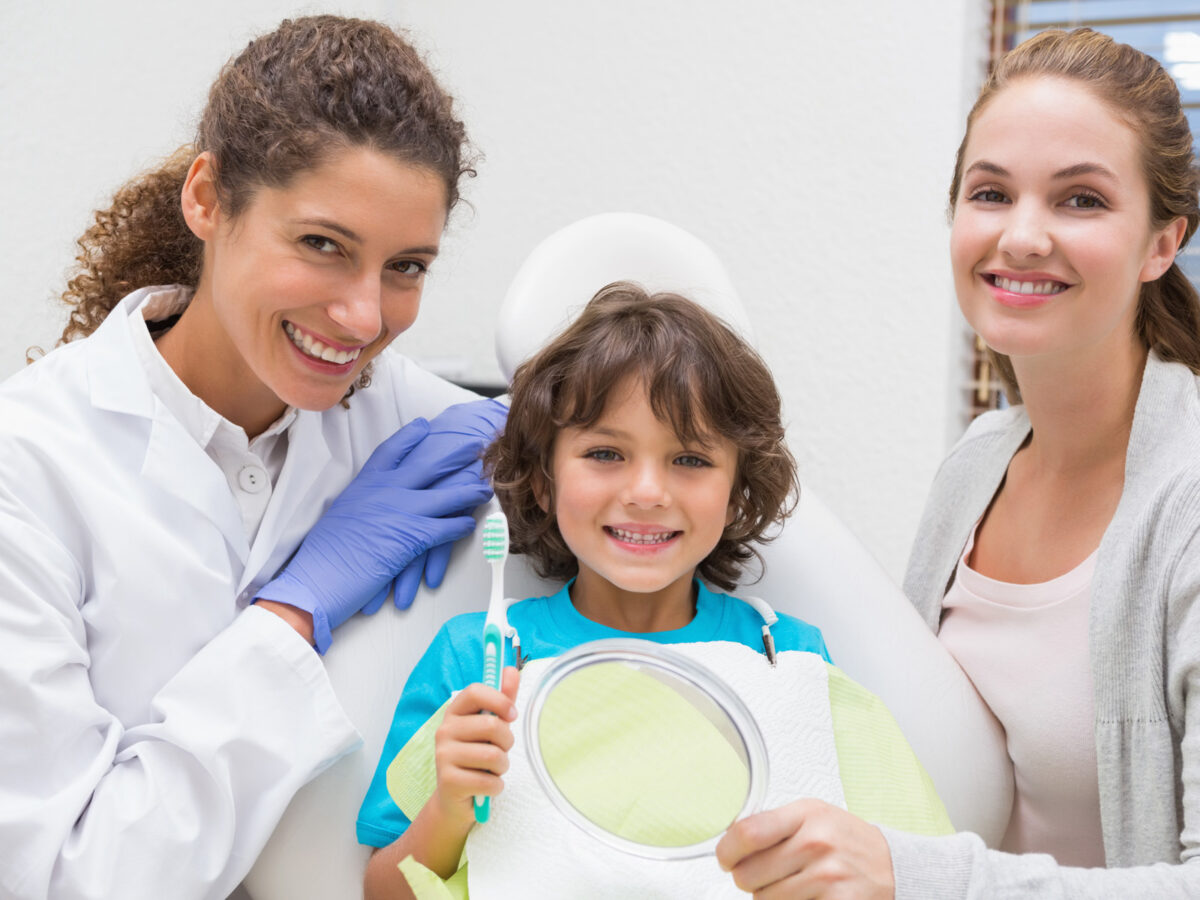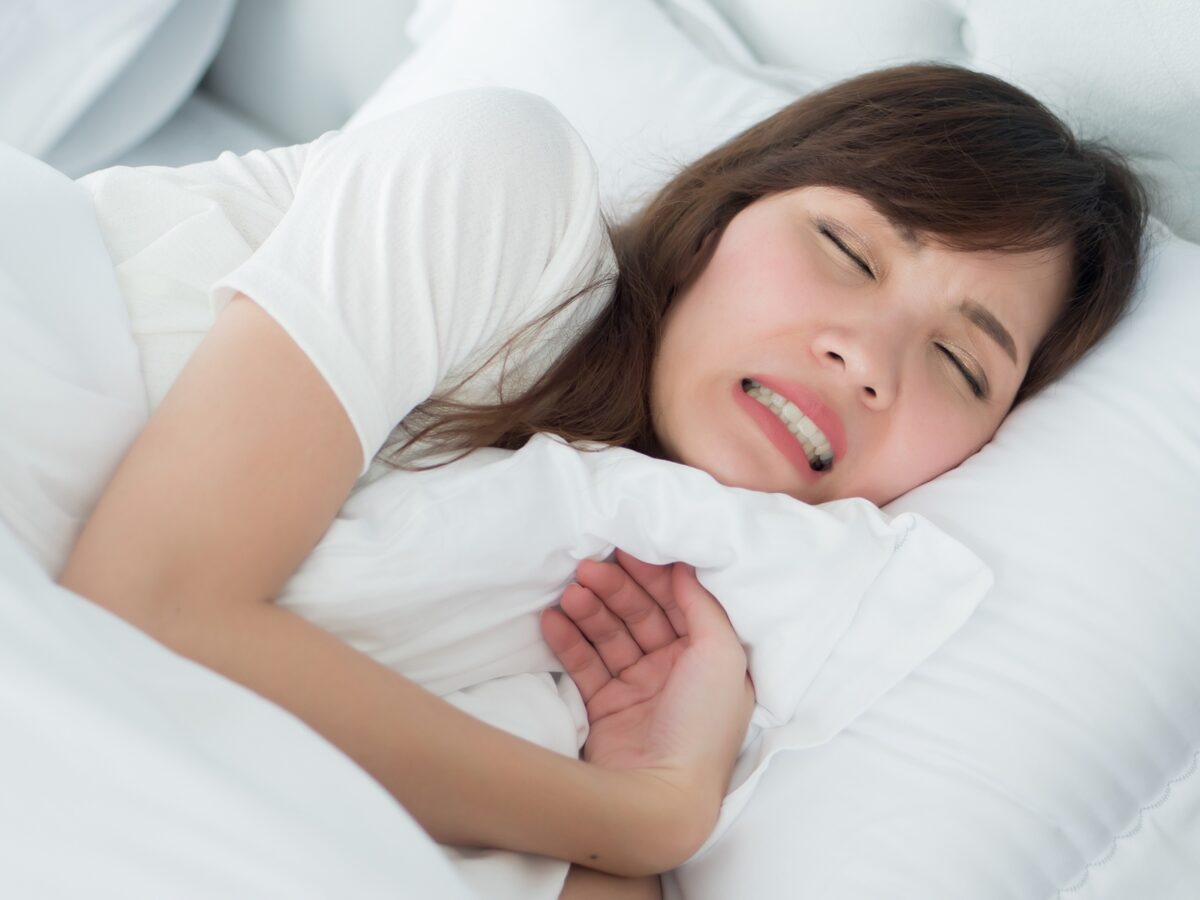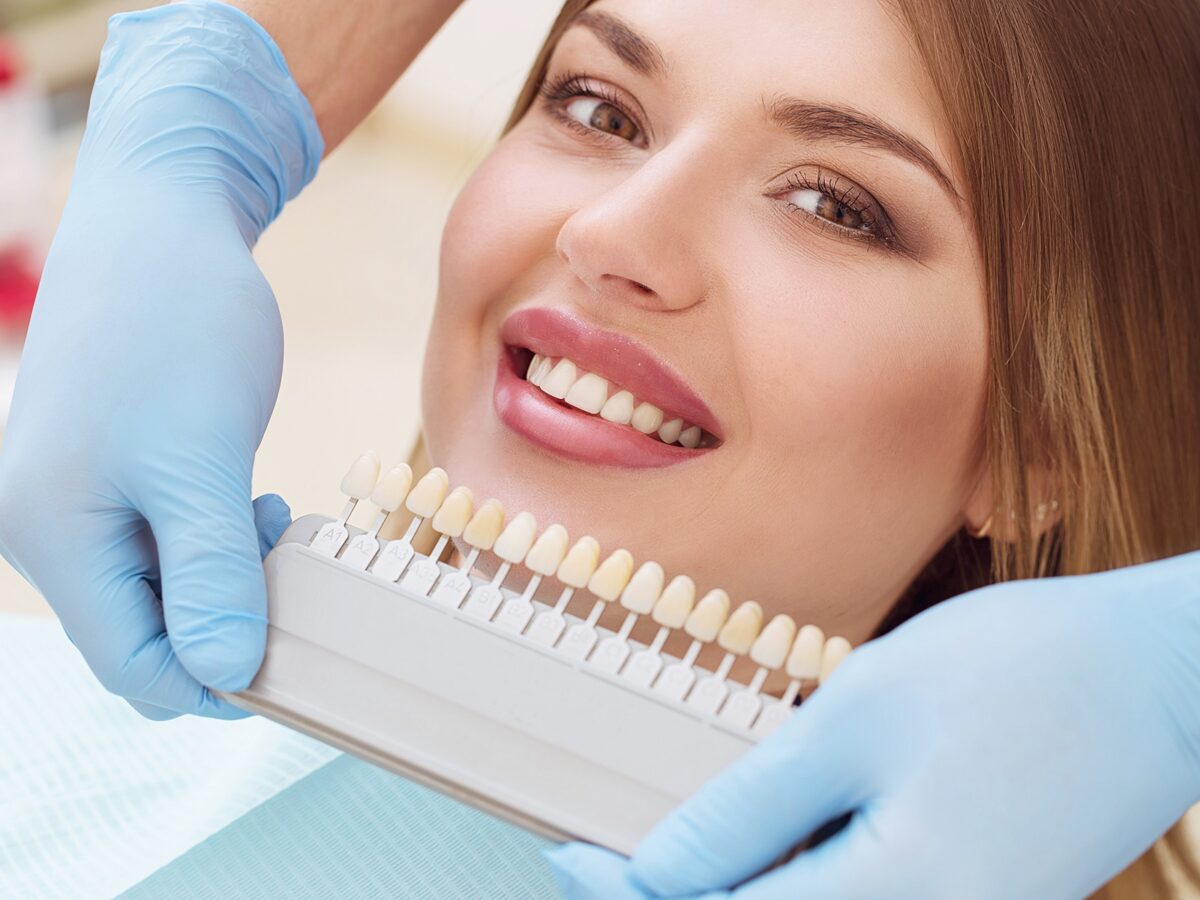Seeing how and why people have anxiety about dentistry is easy to understand when you remember your childhood fears about dentistry.
Therefore, providing calmness strategies to children for their dental visits is important.
The presence of a relative stranger and being separated from their parent(s) cause children to be anxious. In addition, there is the fear associated with certain procedures (such as injections and drilling). In the case of dental appointments, anxiety can also be heightened by well-meaning adults or parents talking about them to a child. Combining these factors with other concerns can make a child anxious about visiting a dentist. By teaching calming strategies to use when they feel anxious, you can equip them with the confidence they will need to manage their healthcare throughout their lives.
How to calm children whose dental and medical appointments cause them anxiety?
Feelings and Emotions Management
Naturally, we wish to keep fear at a distance. Whenever possible, avoid actions or situations that may seem threatening or painful to a child, especially in early development.
A child isn’t able to handle fear, anxiety, or anything else they consider harmful the way an adult does. Instead of making them feel as if fear isn’t real or acceptable, help them accept fear as a normal reaction. Let them express their feelings related to the approaching appointment or current situation.
Don’t promise them a perfect experience; ask them questions in a way that does not inflame anxiety. Instead of asking, “Are you feeling nervous about going to the dentist or doctor?’ Ask them ‘What are your thoughts on visiting the doctor or the dentist?
Prepare in advance (instead of lowering expectations)
By describing what it’s like to go to a dentist, a child and its family can enjoy the experience. Be careful not to lower their expectations to a negative level by creating unrealistic scenarios. After an appointment, reward them for their courage in a meaningful way.
For example, promising them that a dental visit will not be painful, might lead to an easily broken promise – resulting in the loss of trust.
Keep Consistent with a Trusted Dentist
After a period of time, a child will become familiar with and trust the person they are working with. You should also assure that your child sees your own trust in the dentist.
Play at home with role-playing
On occasion, kids will pretend to be doctors. Dental appointments can be made less traumatic with role-play scenarios. Check your child’s teeth, look into their ears, and listen to their heart by using play instruments. Encourage your child to carry out a check-up on a doll. Anxiety-producing experiences can be normalized with fun routines.
Be calm and patient with yourself.
Prepare them for an upcoming medical or dental appointment with a positive attitude. If you are nervous or anxious about the visit, don’t let your child see that. By using breathing techniques and providing reassurance, you’ll help your child ease their anxiety.
Make your new dental team aware of previous traumas they experienced with a dentist. It’s possible that they will try another approach or sedation type to assist your child in easing his or her anxiety. Make sure your child feels secure and confident with the family dentist.
Book your appointment now and get your dental issues resolved!



